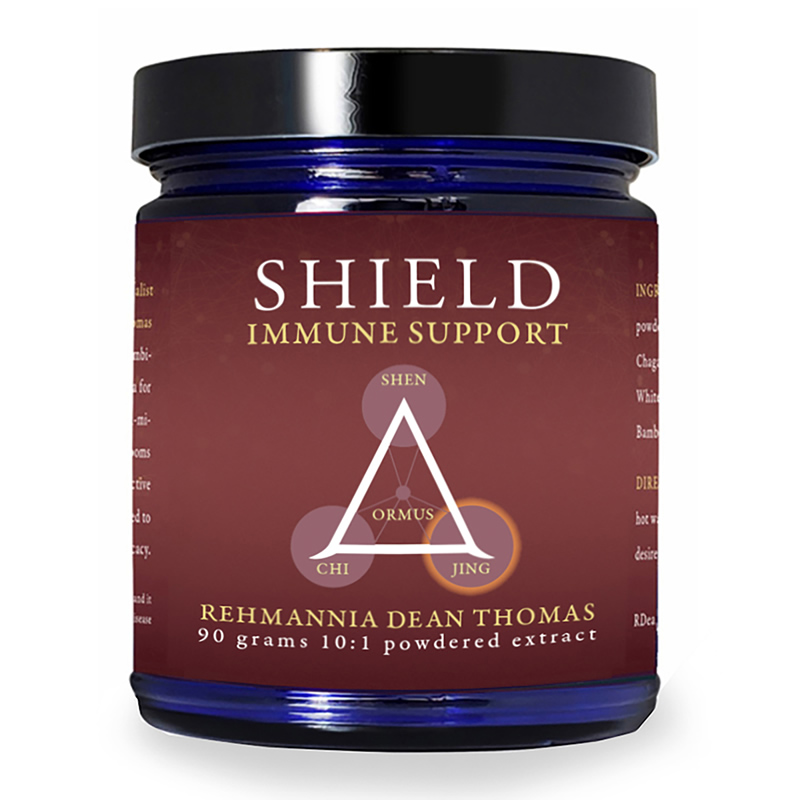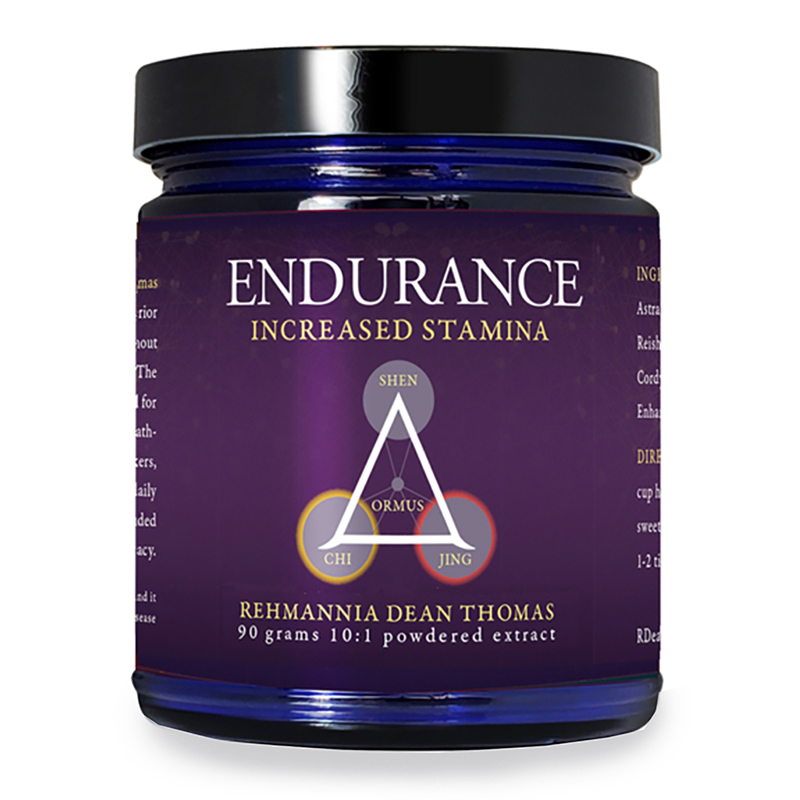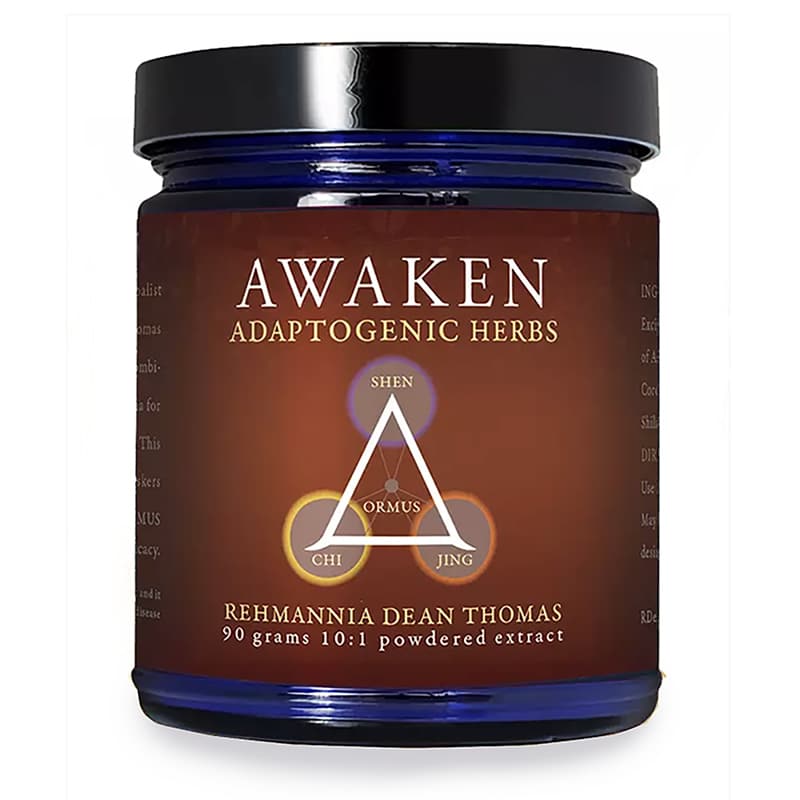No products in the cart.
Mushrooms
Cordyceps
- Cordyceps Mushrooms Japan (Cordyceps)
- Used by Chinese long-distance runners for endurance. Traditional uses include valuable benefits during asthma, impotence, bacterial infections and anxiety. Valued in the orient as an ally for strengthening the immune system.
- Polysacharides & Triterpenoids.
Shiitake
- Shiitake Mycelia extract (Mycelia) Vancouver Island Canada (Lentinus edodes)
- Another mushroom highly valued by Oriental medicine. Immune system activator especially for viral situations. Boosts B-lymphocytes, macrophages, T-cells, antibodies and interleukin-1.
- 28:1, 3.2% Peptidomannan KS-2
- EPS-3 Linin derivative, Amino Acids, Vitamins, Minerals, Polysaccharide-protein complex
Reishi
Reishi mushroom extract (Mushroom body) Vancouver Island Canada (Ganoderma lucidum) Of highest, “superior” regard in oriental medicine. In China it is known as Ling-shi or “mushroom of immortality”. In Japan it is known as Mannentake or “10,000 year-old mushroom”. Anti-tumor, anti-allergy, antitoxin (neutralizes free radicals), reduces cholesterol, moderates blood pressure, helps metabolize fats and improves digestion. It is valued as a cardiotonic. Highly regarded to help produce concentration and enhanced spiritual awareness. Improves sleep. Useful with viral situations and related weariness and fatigue. Reduces wasting syndromes. Helps optimize immune function. Has been used to protect against radiation and high altitude oxygen deprivation. Improves oxygen utilization. Useful in bronchitis. Carefully cultivated on solid prune logs – its ideal growing medium for optimal bioactivity.
15:1 concentrate, 4%+ Triterpenes, 10%+ Polysacharides
Amino Acids, Amides, the Triterpene Ganoderic Acid, Polysaccharides, Ergosterols, Vitamins & Minerals
Champignon
Body-produced ammonia is a major factor in bad breath, urine odor, foot odor, tobacco body odor, meat body odor, perspiration body odor, fecal odor and gas. Ammonia’s henchmen in this offensive assault upon our health and sensibilities includes the equally harmful chemicals methyl mercaptan, hydrogen sulfide and trimethylamine.
Japanese scientists studying the chemistry of body odors have found that the vegetable gum of the champignon mushroom has the remarkable property of molecularly reducing these disgusting biochemical compounds. They are disassembled down to the simpler, less obnoxious forms from whence they came. In these simpler forms, they are unable to damage brain cells and other fragile cells of the body – and can also then be put to a useful purpose. This is good news for those of us who enjoy healthy foods such as onions, garlic, fish, cabbage, wheatgrass and beans, which readily convert to the chemical henchmen of stench.
Henceforth we should now be able to enjoy their attributes with much less of their offenses – good news indeed for our sweethearts. At any rate, whatever your diet or aromatic condition, everyone should benefit from reduced levels of ammonia and these other toxic gases in the blood and cells of the body. Signs of exposure to these waste gases include general cellular damage (aging) temporary and irreversible brain dysfunction and increased vulnerability to disease. Though it occurs on a relatively small scale, it is better to prevent this damage, rather than try to repair it later.
Maitake
This delicious gourmet mushroom is also an adaptogen with the ability to help balance body systems. In addition, its unique polysaccharides are under intense study for their immune boosting qualities. Maitake is regarded as having the greatest number of health supporting properties of any of the oriental healing mushrooms.
Coriolus
Coriolus is an edible mushroom, rich in proteins, carbohydrates, vitamins, glycoproteins, polysaccharides, enzymes and unique metabolites. Some of these precious phytonutrients are classified as immuno-potentiators – able to help awaken dormant parts of the immune system and to super-support natural immune defense mechanisms. One coriolus polysaccharide-peptide known as PSK has gained 25% of the total cancer drug expenditure in value-conscious Japan. Coriolus has also been observed to provide anti-microbial, anti-viral and antioxidant benefits, and is rated as being entirely non-toxic.







